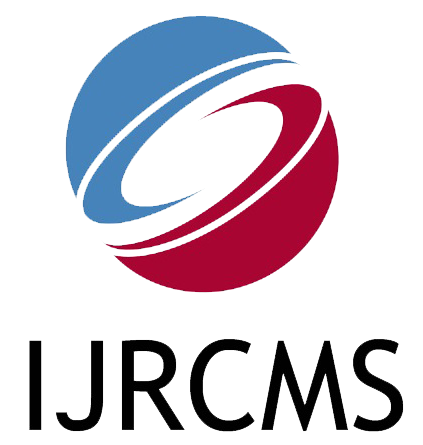| Title: GOJEK DIGITAL ECOSYSTEM ANALYSIS AND BUSINESS PARTNER EMPOWERMENT MODERATE BY PRODUCT INNOVATION UMKM CASE STUDY IN JAKARTA |
| Authors: Lukiyana and Angella Rosha Pangestu |
| Abstract: This research is about analyzing the Gojek digital ecosystem and empowering business partners on business success moderated by UMKM product innovation in Jakarta. The data used in this research is primary data which is obtained from research questionnaires. The research was conducted by distributing questionnaires to all UMKM business actors in Jakarta which were filled in completely so that they could be used as research data. |
| Keywords: Mentoring, Professional development, Technical Universities, Teaching skills, Research output, Community services. |
| DOI: https://doi.org/10.38193/IJRCMS.2023.5505 |
| PDF Download |
International Journal of Research in Commerce and Management Studies (IJRCMS)
ISSN 2582-2292, An open access bi-monthly e-journal
